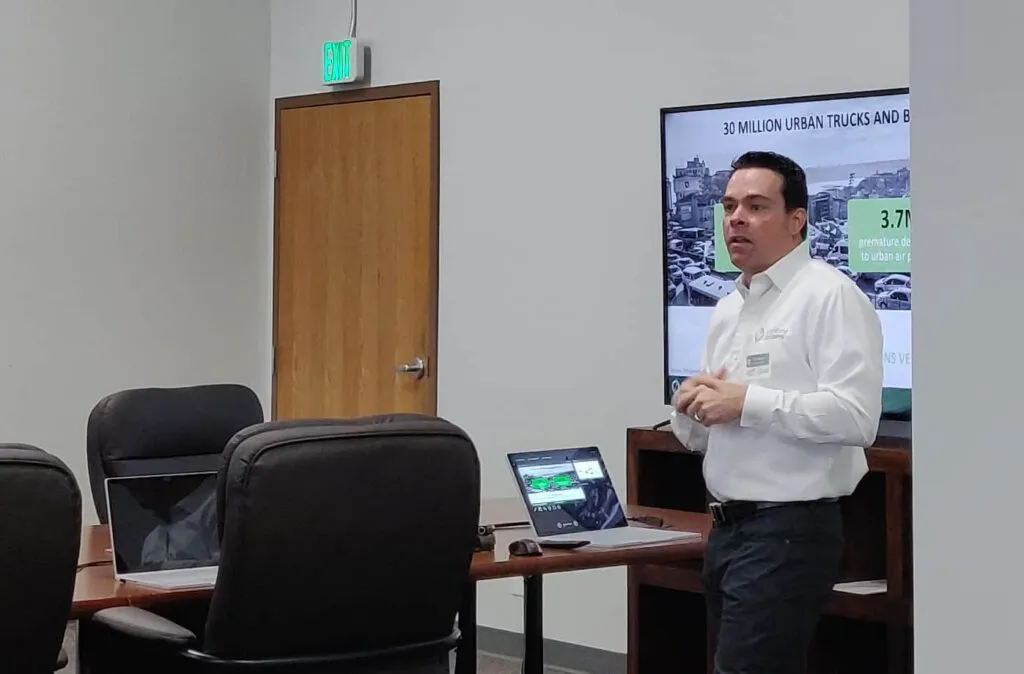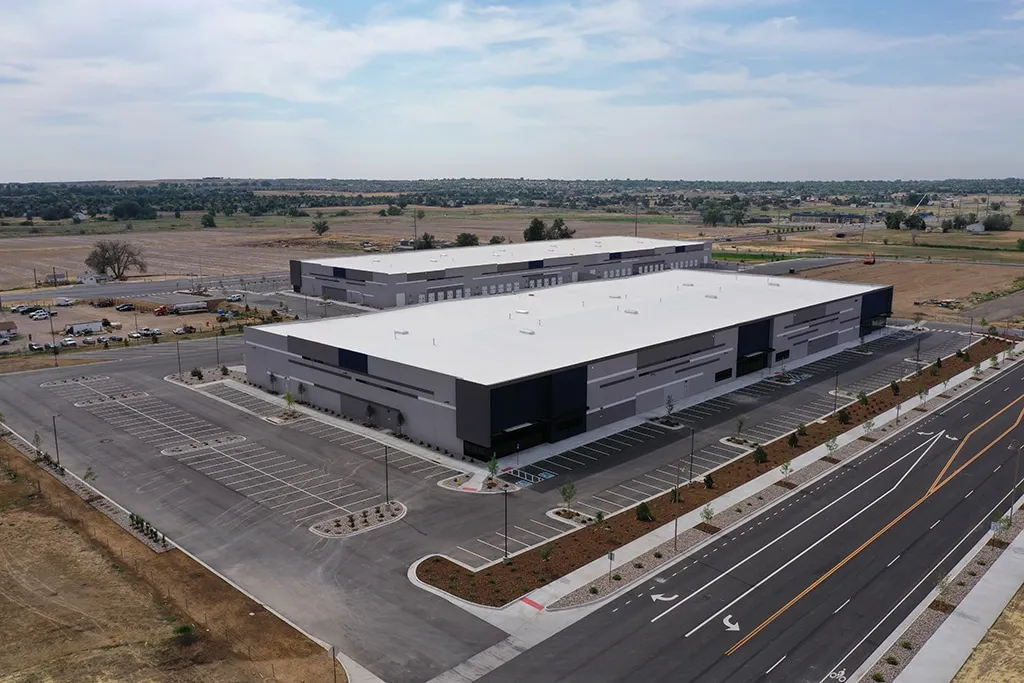Lightning Systems CEO expects company to hit $50M in revenue by 2021

LOVELAND — Lightning Systems CEO Tim Reeser believes his company can more than quintuple its revenue over the next two years as states offer grants to electrify commercial fleet vehicles and its scale increases.

Speaking to BizWest during the company’s annual Lightning Day event Thursday, Reeser said the company is currently able to electrify seven Ford and General Motors vans and trucks, along with city buses. It recently hired 14 new staffers to reach about 60 people in…
THIS ARTICLE IS FOR SUBSCRIBERS ONLY
Continue reading for less than $3 per week!
Get a month of award-winning local business news, trends and insights
Access award-winning content today!




